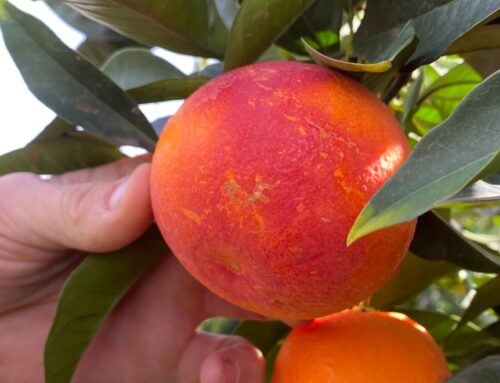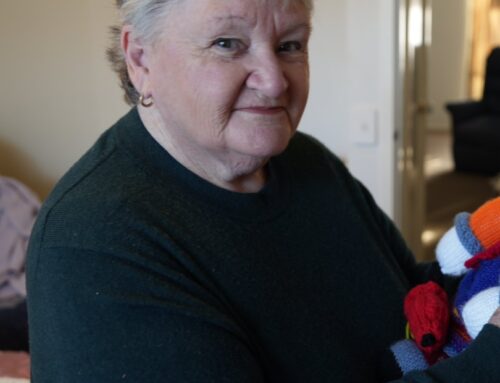A worker shortage crisis has kicked off a bidding war between farmers and contractors for shearing crews.
Key points:
- Farmers face lengthy, and potentially costly, delays in getting their sheep shorn
- COVID-19 border restrictions and drought-breaking rains combine to create a skills “crisis” in the sheep industry
- Shearing delays can cause animal welfare issues for sheep
Shearing Contractors Association of Australia secretary Jason Letchford said some producers were paying shearers premiums of between 20 and 50 per cent per sheep in an “unofficial auction system”.
“The [minimum] pay rate is about $3.24 to shear a standard or flock sheep in Australia,” he said.
“But we’ve seen the marketplace burst in the last three or four months, with smaller farming enterprises going directly to shearers paying somewhere between $4 and even more than $5 a head to shear those sheep.
Normally hundreds of New Zealand shearers travel to Australia to help with shearing.
However, Dubbo farmer and Australian Wool Innovation national manager of wool harvesting training and development Craig French said between international border restrictions and the sheep herd rebuilding in the wake of the drought the industry was facing a skills crisis.
“There’s no doubt that we’re in crisis with shearer numbers … right across the country,” he said.
However, Mr French said he didn’t think the answer was just to pay shearing teams more, particularly less experienced ones.
“You can get someone who can go through a five-day shearer training program and be ready for the industry, but it’s very rare — only about one in twenty people,” he said.
“We’re putting ourselves in danger if we start saying we need to be paying staff more because there’s a staff shortage.
However, Mr Letchford said it was not surprising farmers were willing to pay considering the sheep’s value.
“You can judge for yourself if you think that’s right or wrong, but the fact is if you’ve got sort of a ewe in lamb that’s like a $500 a year asset, and you’re paying an extra $2 more a head to shear it and then ensure it’s not being struck by flies,” he said.
“If I was a farmer, I can certainly tell you I wouldn’t be quibbling over that sort of money.”
Farmers weeks behind schedule
Mr French said farmers in the eastern states were six to eight weeks behind in their shearing programs.
He said Victoria and South Australia were also behind in their shearing, though not as much.
South Australian shearing contractor James Boylan said farmers had offered him payments above award level to get their sheep shorn late last year during the state’s busiest shearing period.
“They would pay way above the award just to get their flock shown, but in saying that … there wasn’t enough shearers to go around to be able to accommodate a lot of these guys.”
Mr French said the industry was also short of shedhands and wool handlers and that training programs focused on those shortages rather than shearing.
Delays in wool shearing could be an animal welfare issue too.
Flystrike occurs when a sheep goes too long without being shorn, they soil their wool and flies lay their eggs in the soiled wool.





